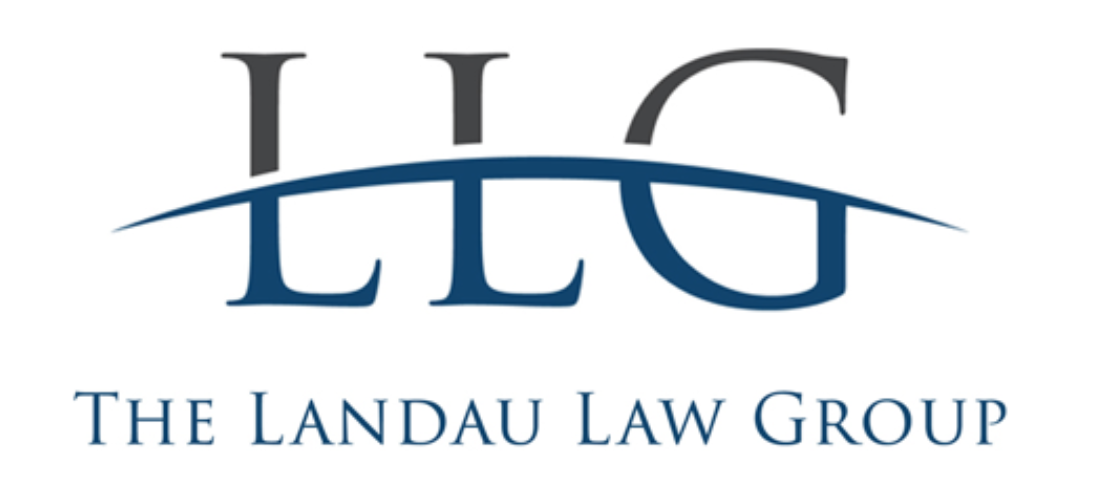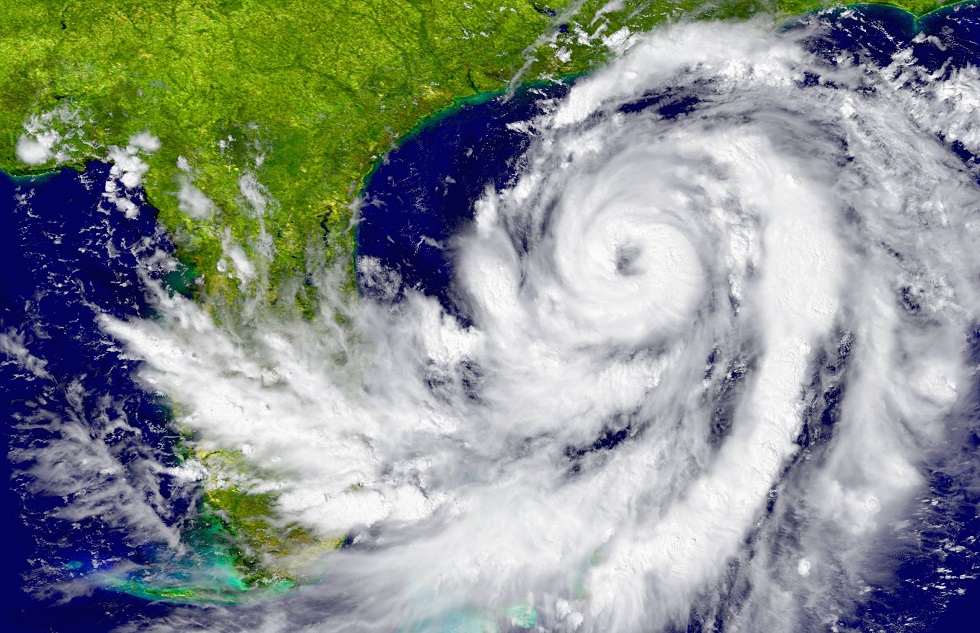Hurricane season is upon us in South Florida.
This could bring bad news to homeowners or business owners who suffer hurricane damage to Florida property. Be it flooding, electrical damage, or flying objects falling onto your structure, hurricanes pose great danger.
As many Floridians know, the 2020 Atlantic Hurricane Season runs from June through the end of November. As of August 26th, 12 storms have been named. This year, Tropical Storm Josephine was the earliest “J” storm on record to form in the Atlantic Ocean. Meanwhile, Hurricane Laura has leaped from a Category 1 to a Category 4 in the Gulf of Mexico, and Texas is expecting a destructive landfall tonight. The 2020 Hurricane season is looking very busy which means there’s a greater risk for South Florida homes and businesses.
Examples of Personal Property
Besides your home, many other things are considered personal property and can be damaged in a hurricane. Personal property includes:
- Vehicles such as cars, boats, and motorcycles
- Furniture and artwork
- Collectibles
- Electronics
- Jewelry
- Musical equipment
What to Do When There’s Hurricane Damage to Your Florida Property
No matter what category, a hurricane can be dangerous and it’s important to stay indoors until everything has passed. After the storm passes, it’s time to start preparing for what to do when your property has sustained damage.
- Assess the damage. Once it’s safe, venture outside and inspect your home, vehicles, and anything else on your property. Make sure to thoroughly inspect your roof as damage to it could bring along more damage to the interior of your home. Check out this blog on how to safely inspect your roof.
- Contact your insurance company. Time is of the essence when contacting your insurance company. It’s important to file under your policy as soon as possible to avoid missing any deadlines set forth by your insurer. Trying to fix the issue yourself before contacting your insurance company can also put your claim at risk. Unless you’re dealing with any kind of emergency, call your insurer first after any damage. This way your damage will be inspected in a timely manner and there will no question of improper notice.
- Read your insurance policy. Make sure you read and understand what your policy covers. Some policies exclude certain events from coverage. For example, a standard policy may exclude flooding from the coverage. If you file for damages caused by flooding, your claim may be denied.
- Create documentation. If you don’t act quickly, proof of your damages may get lost. Take any pictures and videos before conditions change. Also, save any receipts for purchases related to the damage since out-of-pocket costs may be covered or reimbursed by your insurer.
- Talk to a hurricane damage claims lawyer. After a hurricane, you deserve protection for any damages that may have occurred to your property. Even though you are not required by law to work with a lawyer on your hurricane damage claim, an experienced lawyer may help you get the maximum amount of compensation you deserve.
Boca Raton Hurricane Damage Lawyers
At the Landau Law Group, an experienced hurricane damage lawyer can help you go after the financial recovery you deserve based on your insurance policy. We will work directly with your insurer or we’ll take your case to court if necessary. We’ll handle every step of the process. And you won’t have to pay us a dime unless we help you recover.
Contact us online or call the hurricane damage attorneys at the Landau Law Group today at 866-703-4878 for your free, no-obligation consultation.
Florida Property Damage Lawyers
Hurricane Damage Blog Posts
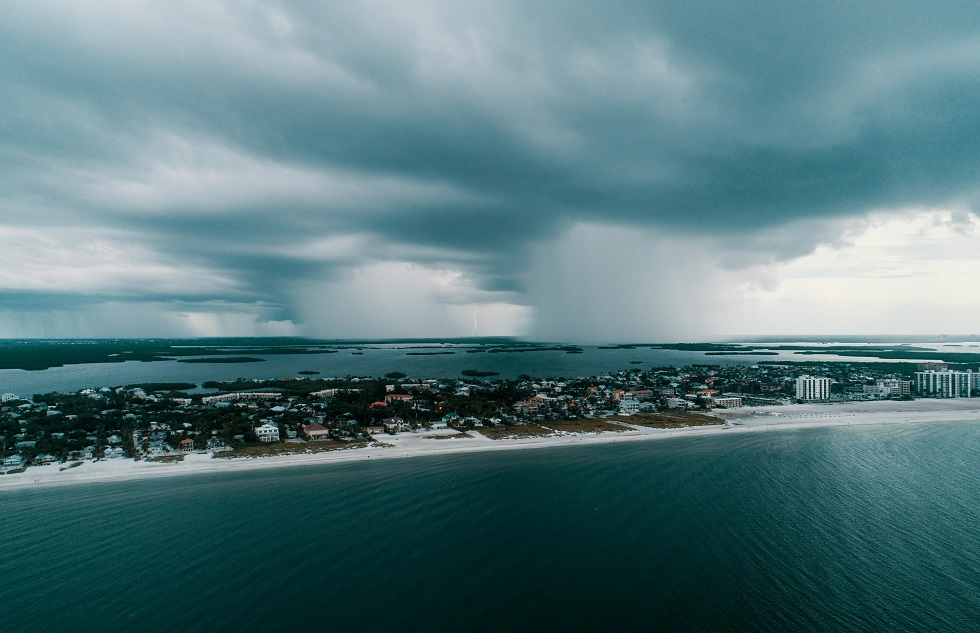
Why Does Florida Have So Many Hurricanes?
Florida is renowned for its beautiful beaches, vibrant culture, and, unfortunately, its frequent encounters with hurricanes. The state's unique geographical location and climate conditions make it particularly vulnerable to these powerful storms. Florida's position on...
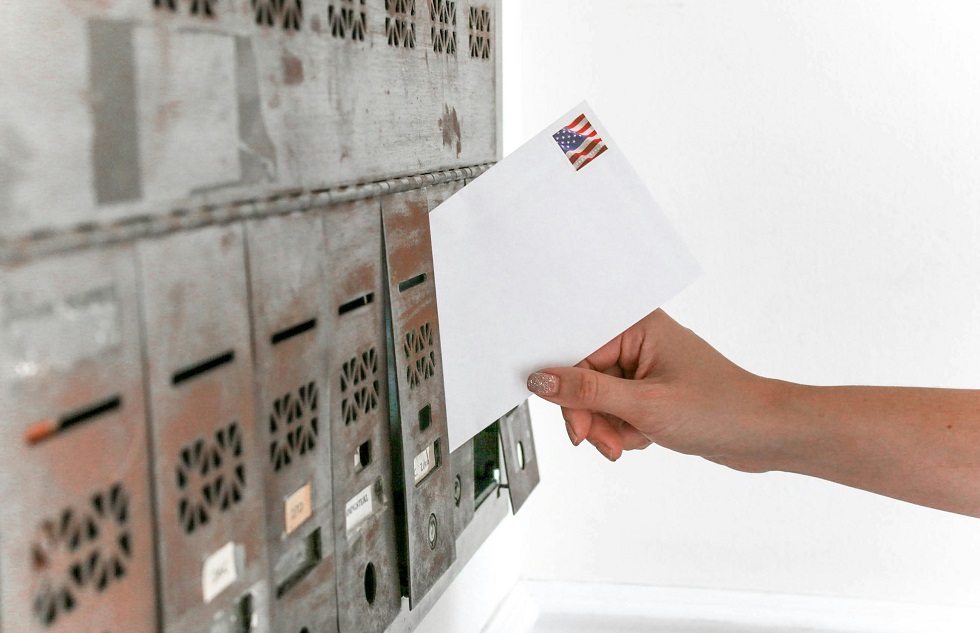
What To Do If You’re Denied Hurricane Damage Claim For Home
Hurricane damage can be devastating for Florida homeowners, leaving them in a state of distress and financial uncertainty. When insurance claims for such damage are denied, it adds another layer of stress to an already difficult situation. Facing a denied claim...
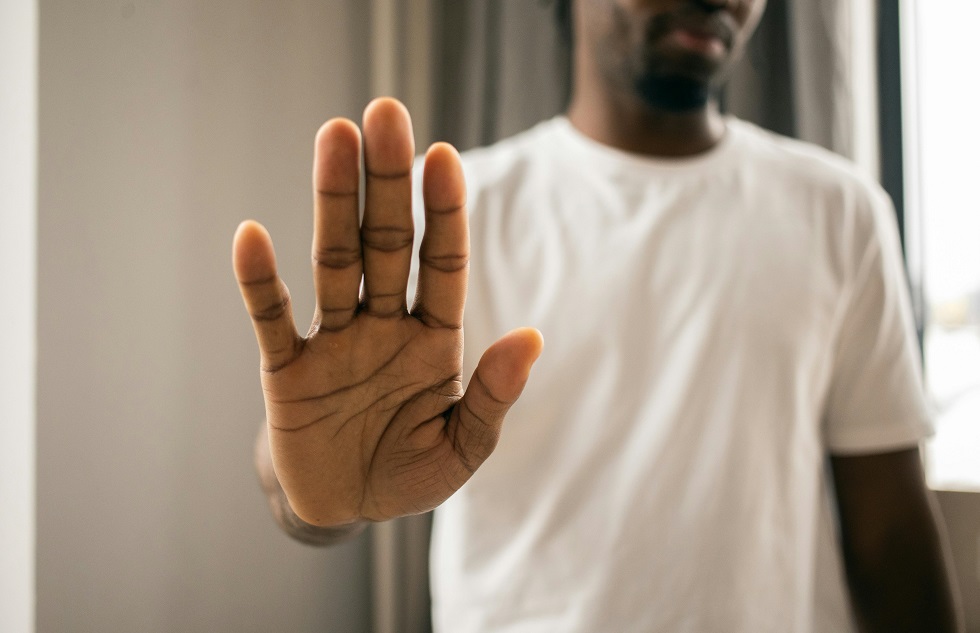
Common Reasons Your Florida Hurricane Damage Insurance Claim May Be Denied
Florida homeowners face a daunting challenge when their hurricane damage insurance claims are denied. Understanding the common reasons for these denials can help you navigate the claims process more effectively. Insurance companies may deny claims due to inadequate...
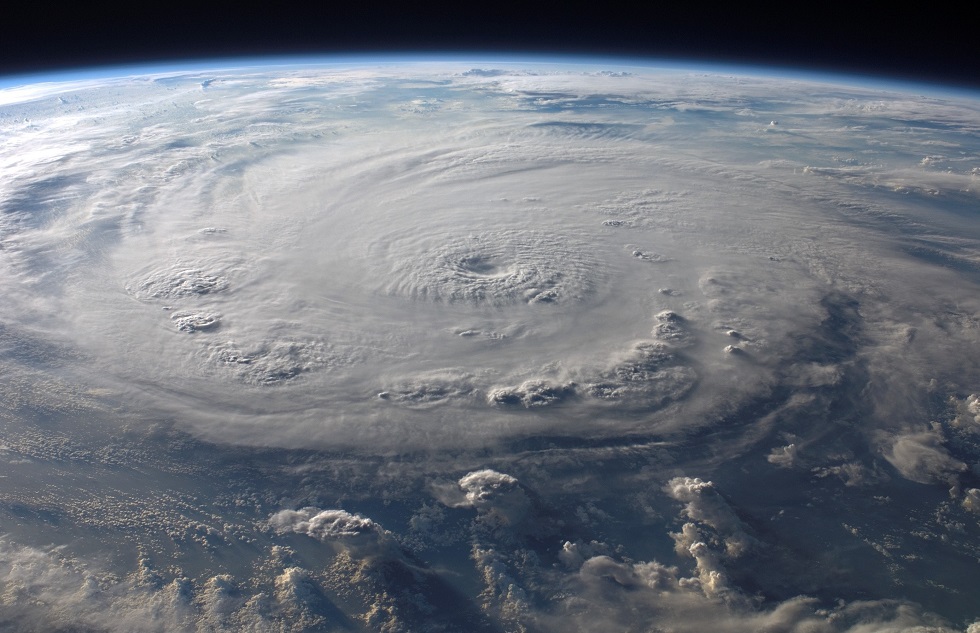
Before and After a Storm Hits: What You Need To Know
Property Insurance laws have changed and so has the language in most policies. Make sure you’re prepared before the next storm hits. Understanding how the law changes will impact you and knowing what your policy actually covers (and doesn’t) is critical. That’s why...
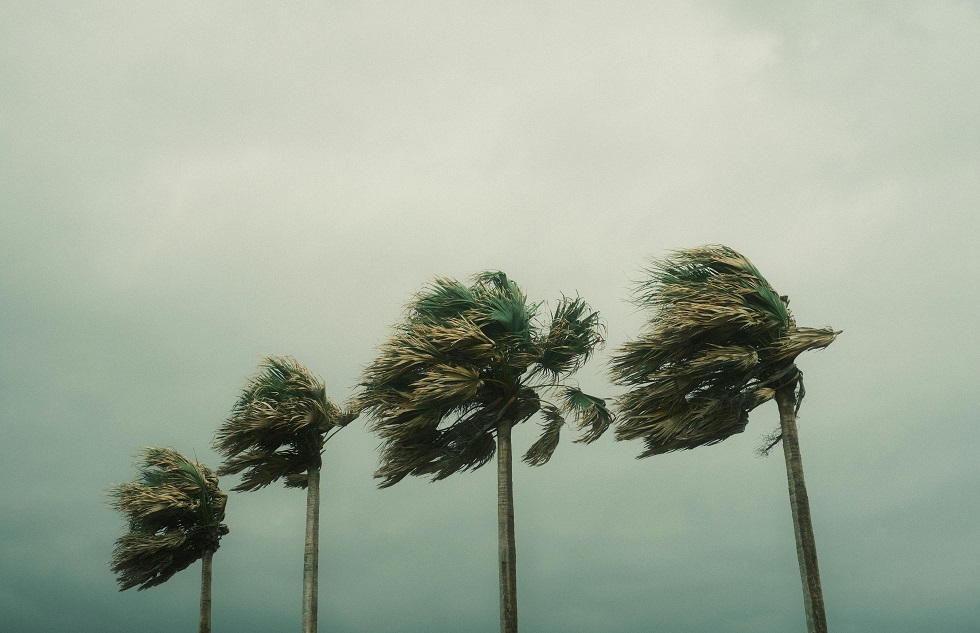
What Does Hurricane Insurance Cover in Florida?
As Floridians, we understand the unique challenges that come with living in a hurricane-prone area. Hurricane insurance in Florida typically covers damage to our homes and personal property caused by hurricanes, including wind damage and, in some cases, flooding. It's...
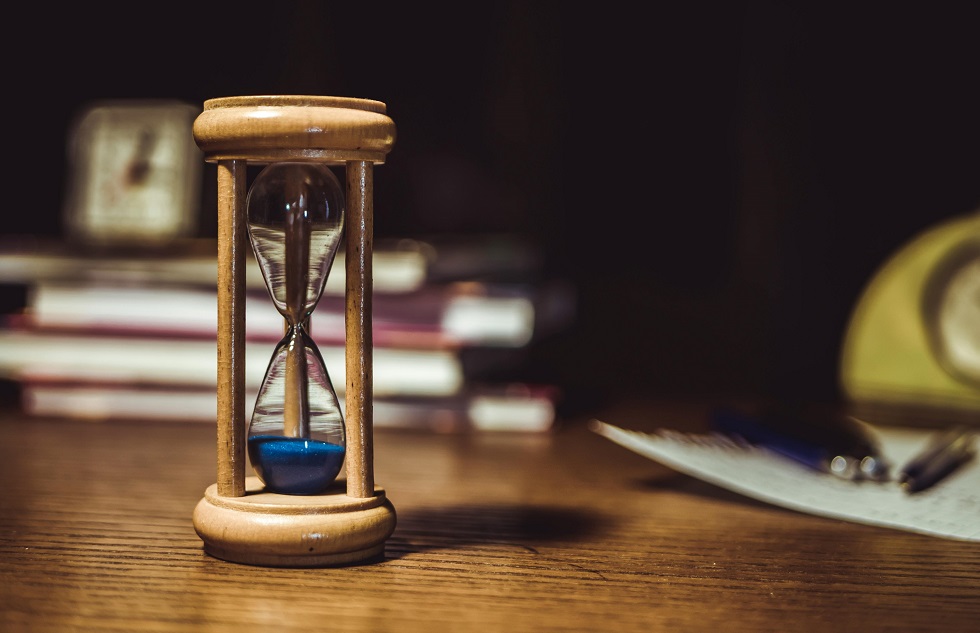
How Long Does an Insurance Company Have to Settle a Hurricane Claim in Florida?
When it comes to hurricane damage in Florida, insurance claims are a common occurrence. However, many people are left wondering how long it takes for an insurance company to settle a hurricane claim. The answer to this question is not always straightforward, as it can...
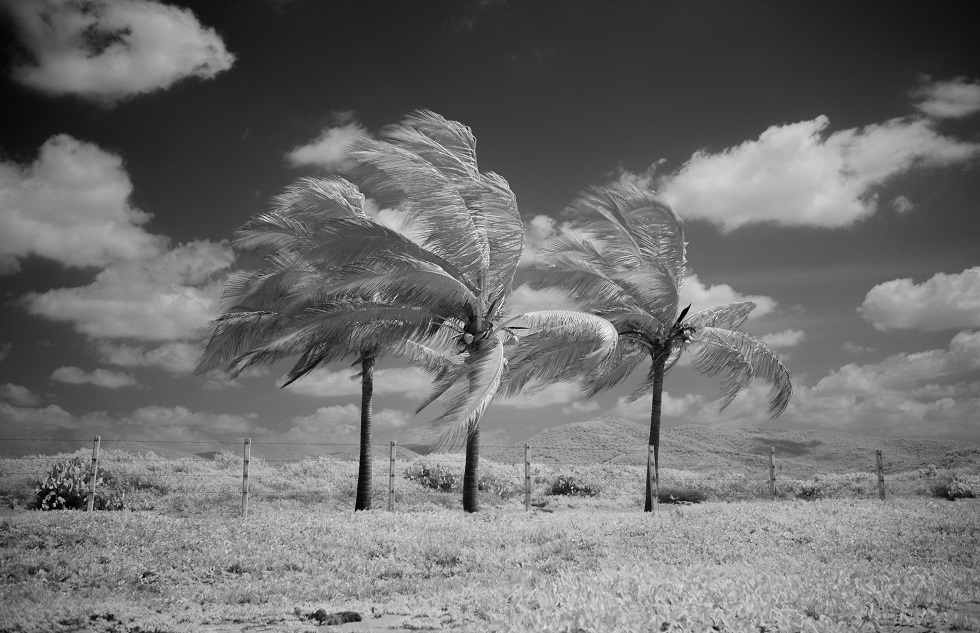
How to File a Hurricane Insurance Claim in Florida
Filing an insurance claim after a hurricane can be a daunting task, especially if you're a Florida resident. With the increasing frequency of hurricanes in Florida, homeowners need to know how to file a hurricane insurance claim effectively. In this blog post, we will...
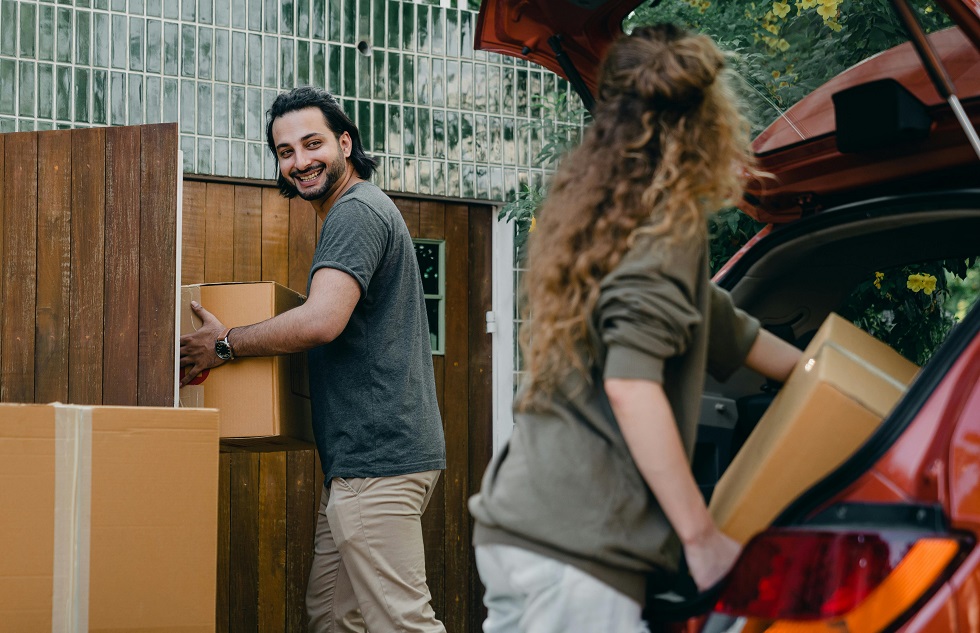
Renters Insurance For Florida Hurricane Coverage
Learn about the ways that renters insurance can help protect you after hurricane damage Renters insurance is a type of insurance policy that covers the personal property and liability of a renter. It can provide peace of mind in the event of a disaster, such as a...



